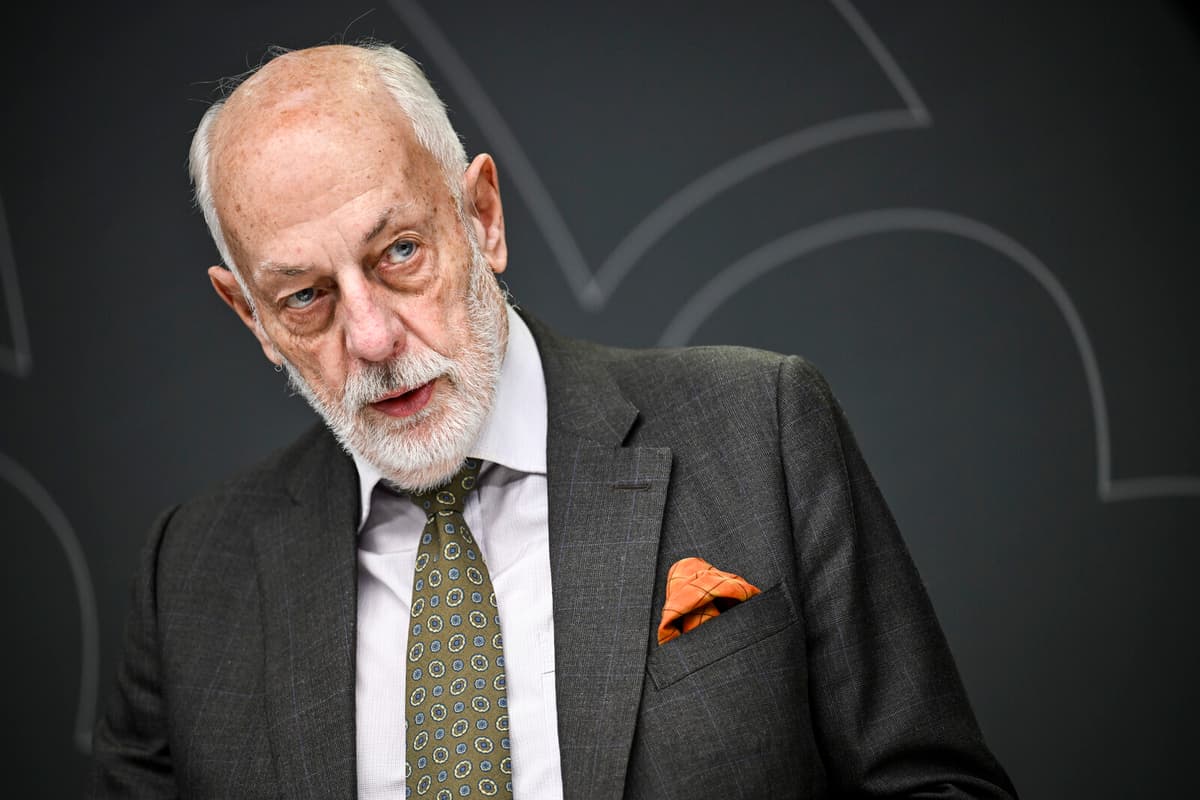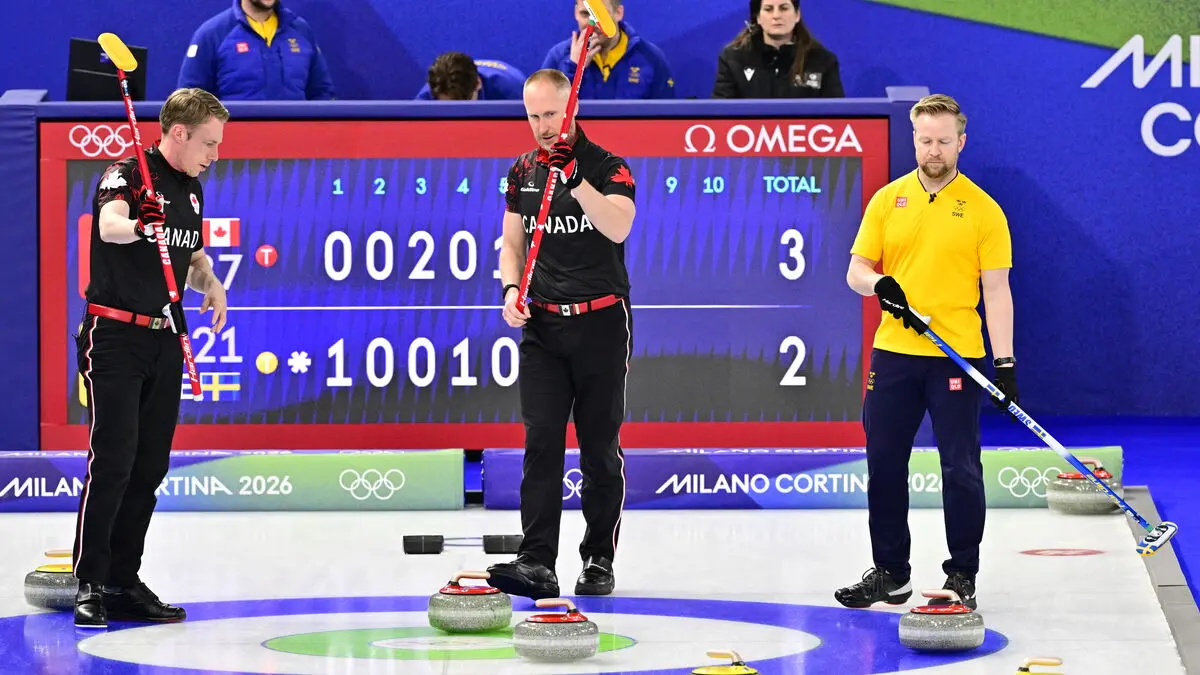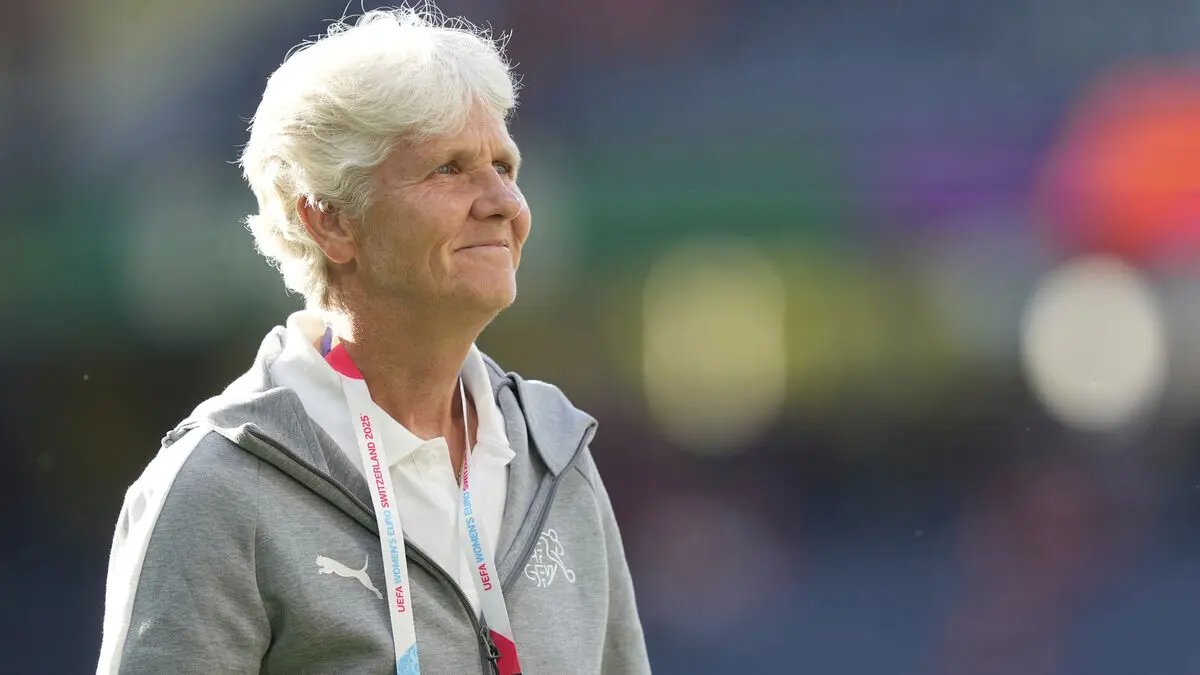Proposals for stricter admission requirements are expected, as this is what the government has requested in the directive to the investigator Peter Honeth, former liberal state secretary at the Ministry of Education.
In the report he is now submitting to Education Minister Johan Pehrson (L) and School Minister Lotta Edholm (L), it also appears what consequences this will have.
Expecting fewer dropouts
According to information from the report, the number of new students will decrease by between 27 and 35 percent, depending on the type of teacher education. On the other hand, dropouts are expected to decrease significantly. Today, half of the students in a program can drop out, and this proportion is expected to decrease to 25-40 percent.
Overall, the investigation expects a net decrease of 2,000-3,000 completed teachers per year.
We think this should be manageable considering the large decline in student cohorts in the future, says Peter Honeth at a press conference with the government.
"Demanding education"
The changes are proposed to take effect in the fall of 2027.
With the stricter requirements, it is believed that teacher education can gain higher status.
It cannot be proven in any way. But it is our opinion that teacher education is too much of a last resort, because it is easy to get in. But it should not be a last resort, it should be a first choice, says Peter Honeth.
With fewer students and unchanged appropriations, the investigator also expects more resources for the education programs.
The report also proposes a shift towards more "school-based" teacher education. The most theoretical, abstract parts are being eliminated, and more time is being devoted to subjects and subject didactics. Future elementary and middle school teachers will receive more education in Swedish, with an emphasis on reading and writing instruction.
Swedish is a prerequisite for studies. It is also the teacher's most important tool. You cannot function well as a teacher without being able to speak the language and being able to present, listen, read, and write for and with students, says Peter Honeth.






